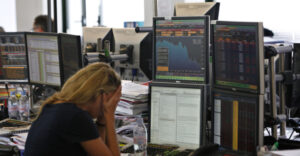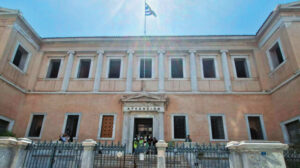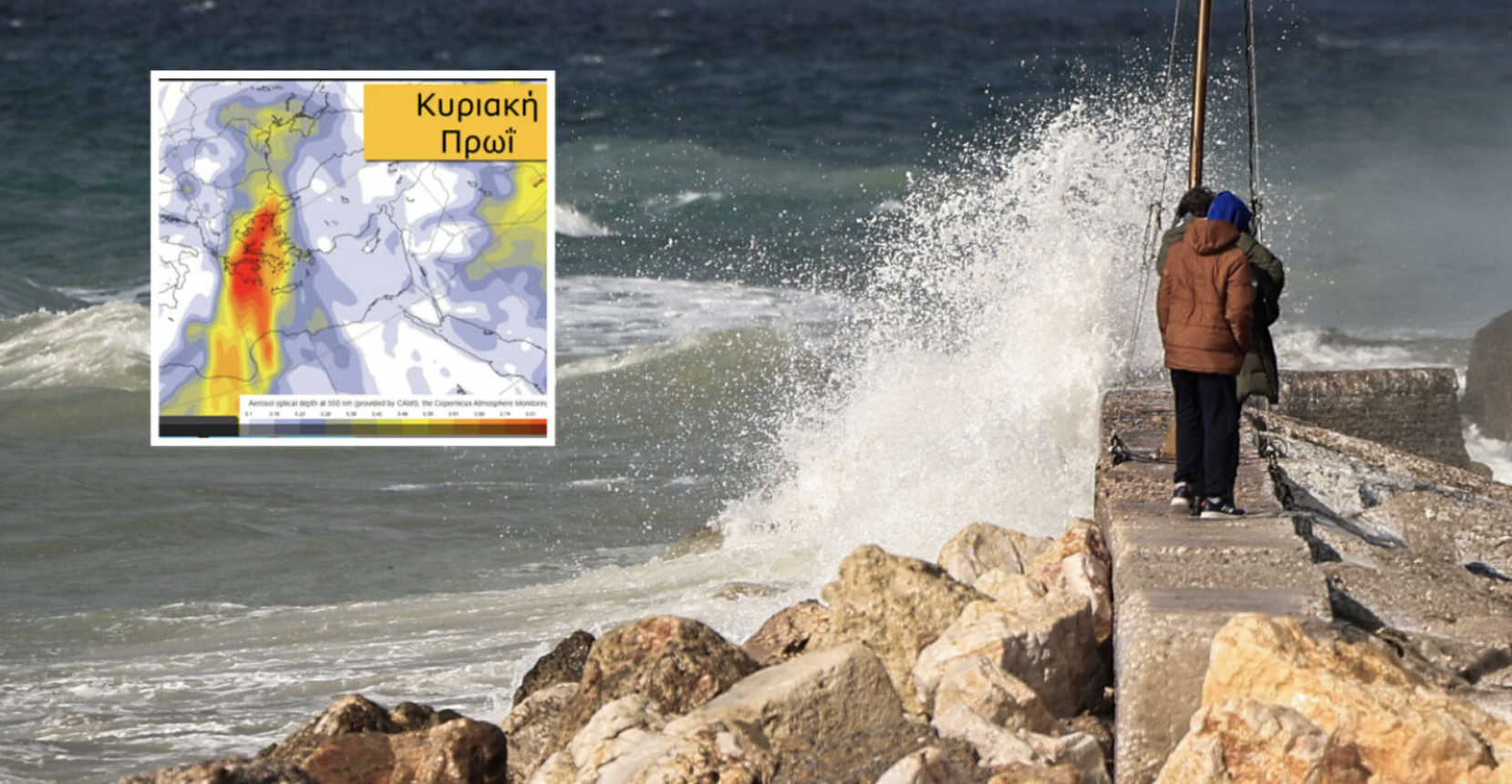European markets were caught in a liquidity squeeze today by France’s political crisis.
French President Emmanuel Macron’s surprise decision to call parliamentary elections has spooked investors as the likelihood of a victory for the populist, far-right National Rally party is high. But even Le Pen’s rival, the prospect of the creation of a popular front by the parties of the left, does not seem capable of reassuring investors who are anxiously watching political developments in the eurozone’s second-largest economy.
The situation in Paris deteriorated rapidly after statements by Finance Minister Bruno Lemaire, who noted that the French spread has now reached a 17-year high and remarks that the current situation could turn into a financial crisis for the country.
Amid this climate of uncertainty, France’s CAC 40 lost 6.4% in a week while CDS on French securities soared to 20-month highs. Among French stocks, banks were the most heavily pressured. Credit Agricole fell 12.9% for the week, BNP Paribas by a total of 13%, and Societe Generale by 15.7%.
According to a recent poll, the second round of the parliamentary elections will be fought mainly between candidates from the left-wing bloc and the far-right, with Marine Le Pen’s “RN” expected to cut the cord first, making significant gains.
Investors are worried about the “RN’s” big spending plans, with the finance minister recalling the turmoil in the UK market under former prime minister Liz Truss in the memory of the French.
Lemaire also described as “the absolute madness” the manifesto drawn up by the new coalition of left-wing parties (the New Popular Front) estimating that its implementation would lead to a collapse of the economy, a downgrade of its rating by international rating agencies, mass unemployment and perhaps even exit from the European Union!
The political “Waterloo” in France – with the rise of the far-right and early parliamentary elections – has swept everything in its wake – stocks and bonds – leaving no room for reaction in any stock market on the Old Continent, apart from the British one, which is not directly affected by the European elections.
The Greek stock market also recorded its worst session of the last two months today, ending in a bad way a week that had already been predicted to be down.
In Friday’s session, Germany’s DAX fell 1.44% to 18,002 points and London’s FTSE 100 was down 0.21% at 8,146 points.
A similar pattern was seen in the periphery, with the FTSE MIB in Milan down a significant 2.81% to 32,665 points, as Italian bank shares measured heavy losses of more than 3%-4%, following the pace of French banks, and the IBEX 35 in Madrid was down 0.67% to 10,992 points.
.
Ask me anything
Explore related questions





